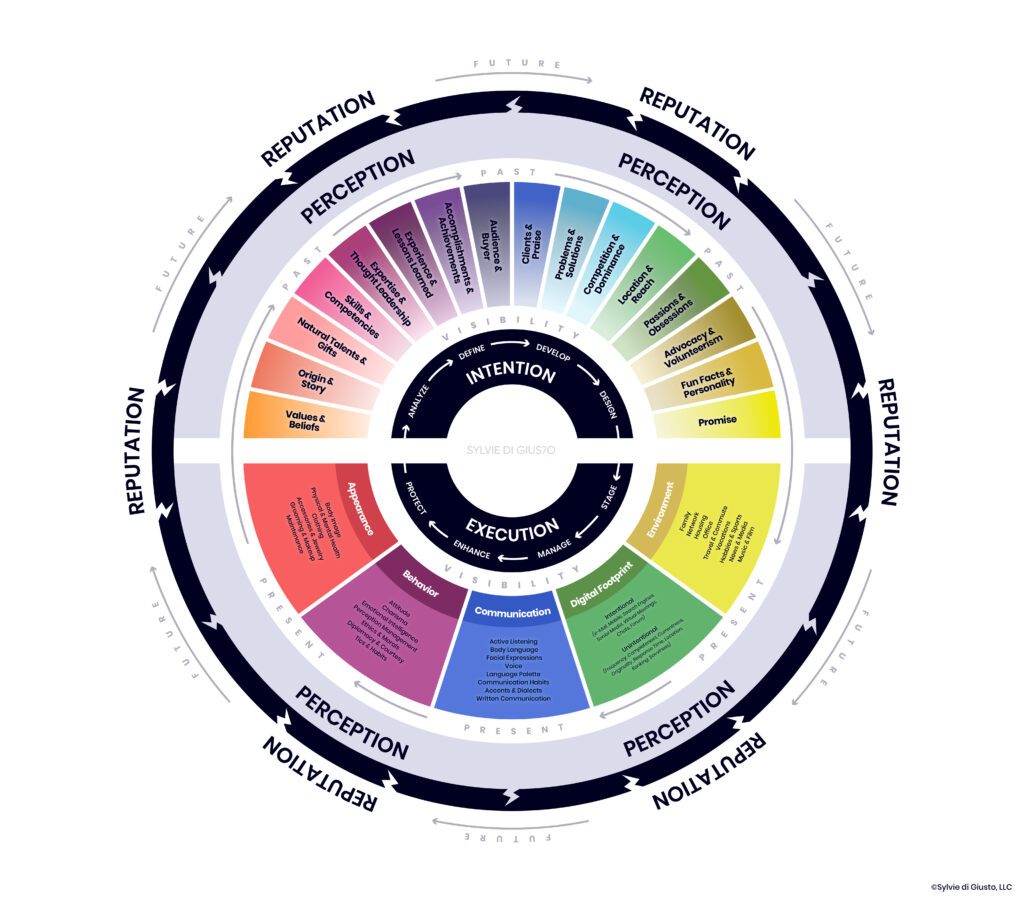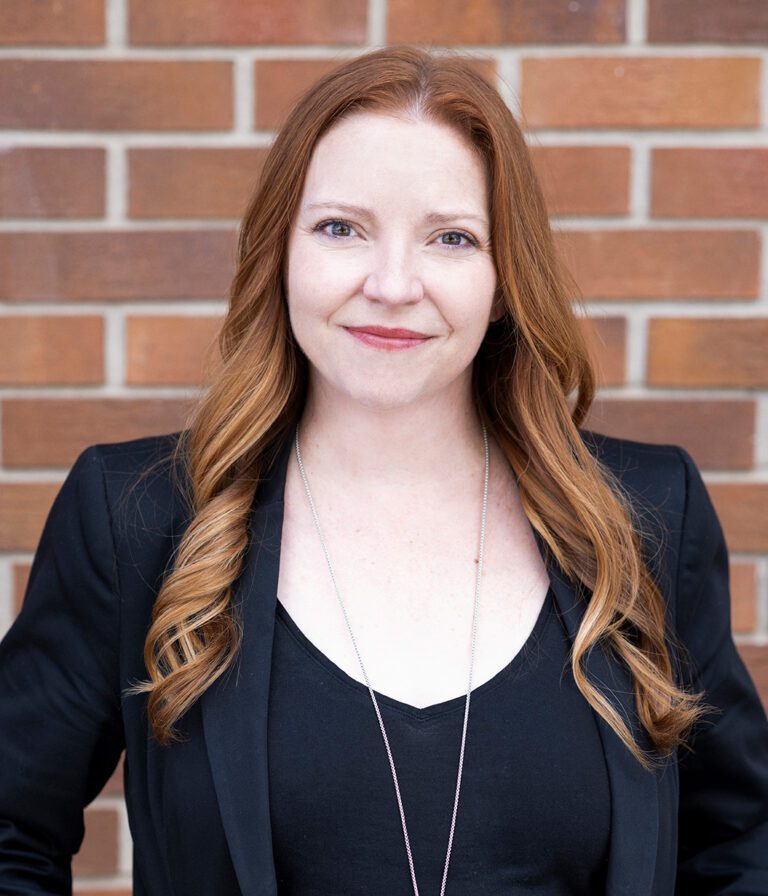+20 YEARS OFF STAGE
I have been “one of you” for nearly twenty years. I understand the corporate world and the world of speaking like few other speakers in this industry.
+10 YEARS ON STAGE
I have already reached tens of thousands of participants worldwide and have planted the seed of first impressions for themselves and their organizations.

